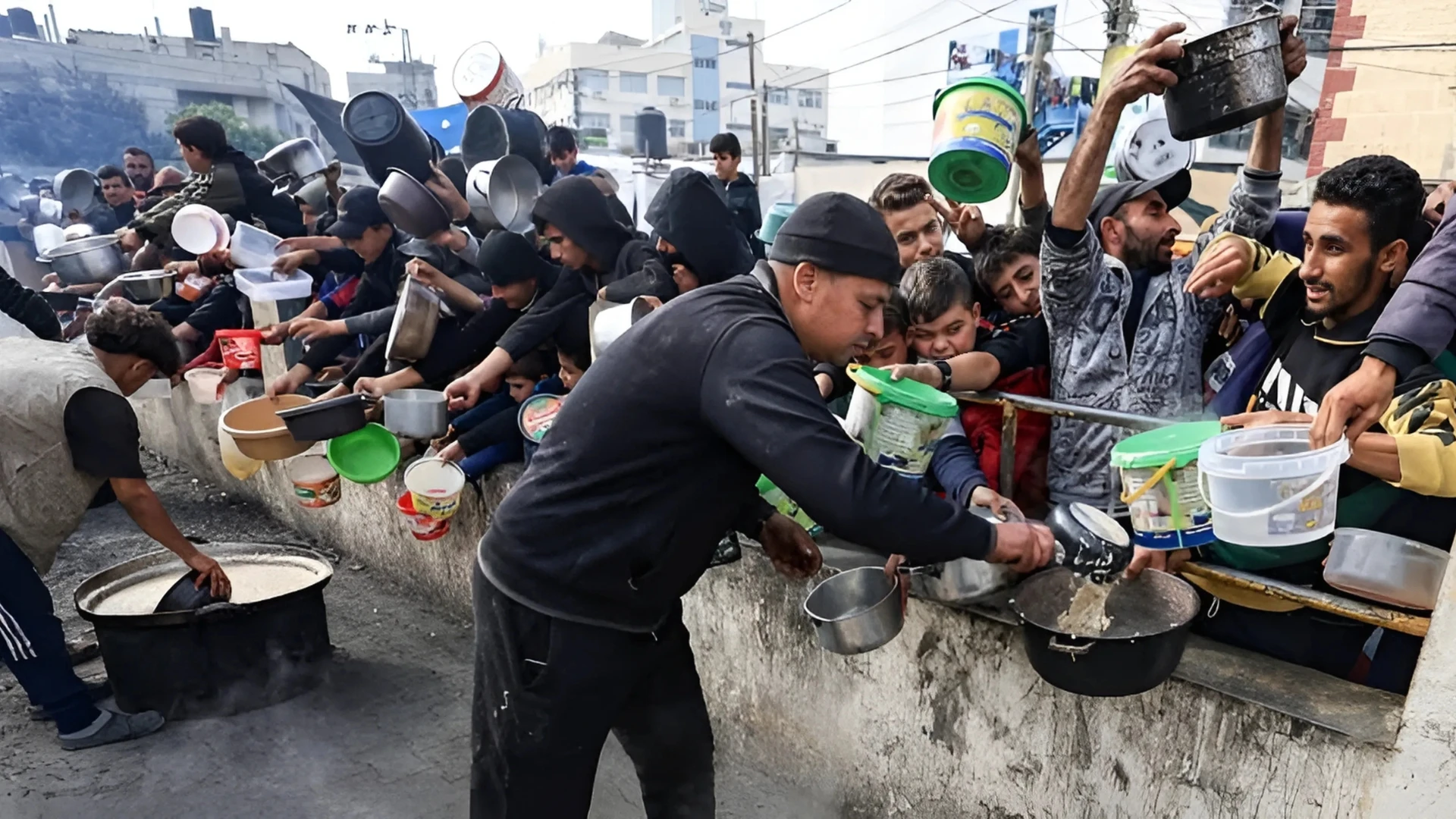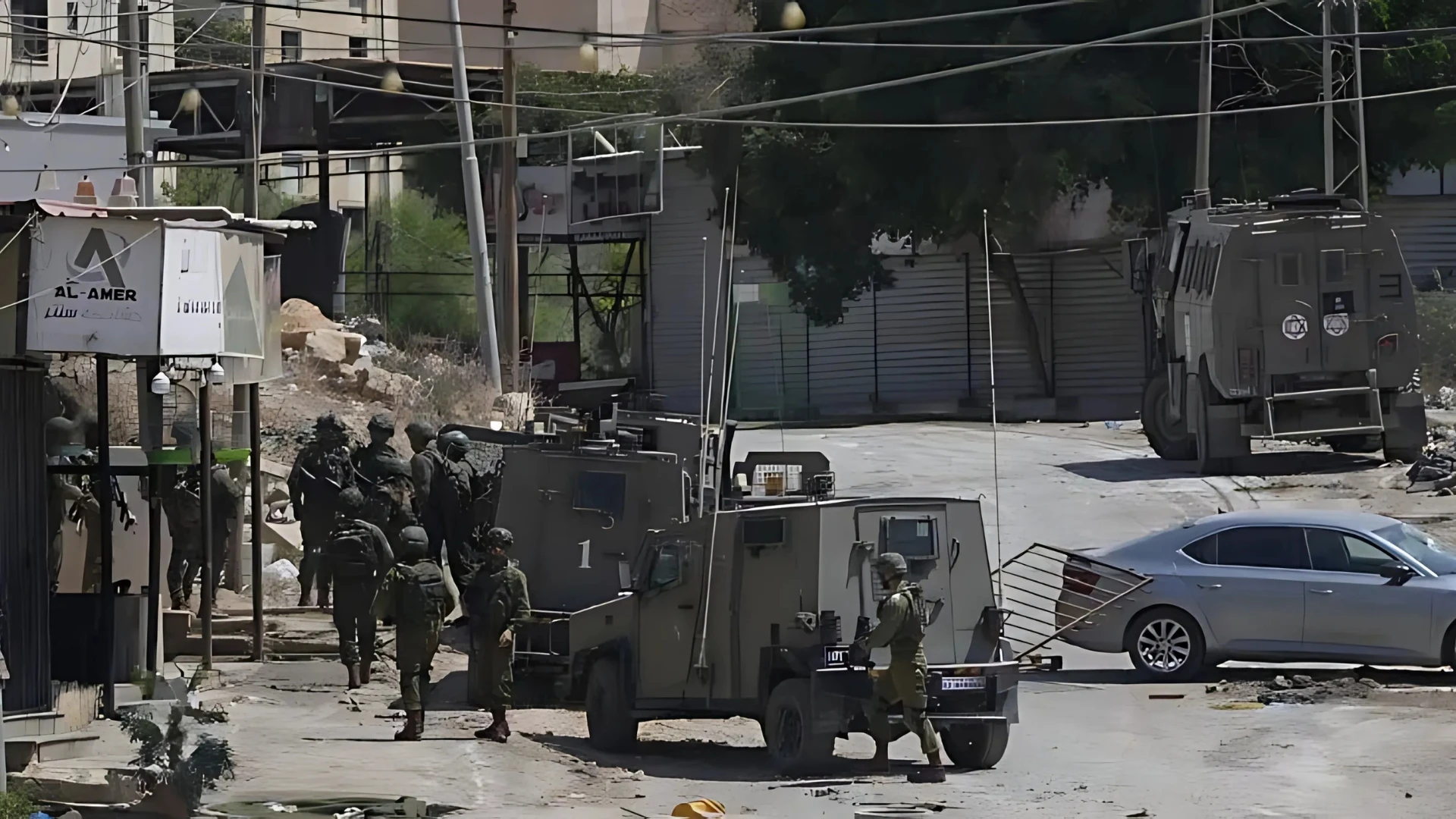Gaza: The UN Office for the Coordination of Humanitarian Affairs (OCHA) has raised alarm over the continued devastation caused by Israeli military operations across the Gaza Strip, reporting widespread civilian casualties. Dozens of people, many of whom were attempting to access aid, have reportedly been killed or injured amid heavy shelling and bombardments.
The International Committee of the Red Cross (ICRC) confirmed that its field hospital in Rafah treated 149 individuals following a mass casualty incident on Wednesday. All patients who were conscious said they had been wounded while heading to an aid distribution point. At least 16 people were declared dead on arrival, and three more died shortly afterward. Most of the injuries were caused by gunfire. According to the ICRC, this marks the 20th time since late May that the hospital has implemented emergency mass casualty protocols, underscoring the extreme risks faced by civilians seeking humanitarian assistance.
Adding to the crisis, fuel shortages are threatening the few remaining health and support services in Gaza. The UN Population Fund (UNFPA) warned that nearly 80% of intensive care units, including maternity wards, are on the verge of shutting down due to a lack of fuel. With approximately 130 births occurring daily, UNFPA stressed that fuel access is critical to saving lives.
Despite the urgent need, Israeli authorities continue to limit the entry of fuel into Gaza, choking off essential services for a population already facing starvation and severe deprivation.
Community kitchens, once able to serve over a million meals daily in late April, have seen a dramatic drop in output. This week, only around 200,000 meals were prepared each day — an 80% decline, leaving a vast majority of the population without food. In the absence of fuel and cooking gas, families are resorting to burning plastic waste for cooking, often in enclosed shelters, exposing them to dangerous toxins and increasing health risks for children and the elderly.
OCHA emphasized that resolving Gaza’s deepening humanitarian crisis requires Israeli authorities to permit the entry of significantly larger volumes and a wider range of supplies, including food, fuel, cooking gas, and shelter materials. It also called for the consistent use of multiple land crossings to ensure aid delivery is effective and predictable.
Efforts to distribute aid continue to be thwarted. On Wednesday, the UN and its humanitarian partners planned 15 missions within Gaza. Only four were successfully carried out. Seven were rejected outright, and three were approved but later blocked on the ground. One of these eventually proceeded, while another was called off by organizers.
Additionally, tens of thousands of students were unable to take this year’s general secondary exams due to ongoing violence, displacement, and internet outages. This mirrors last year’s disruption, when nearly 39,000 high school students in Gaza were unable to sit for their final exams.
The situation remains dire, with humanitarian organizations urging immediate action to prevent further loss of life and collapse of essential services.








